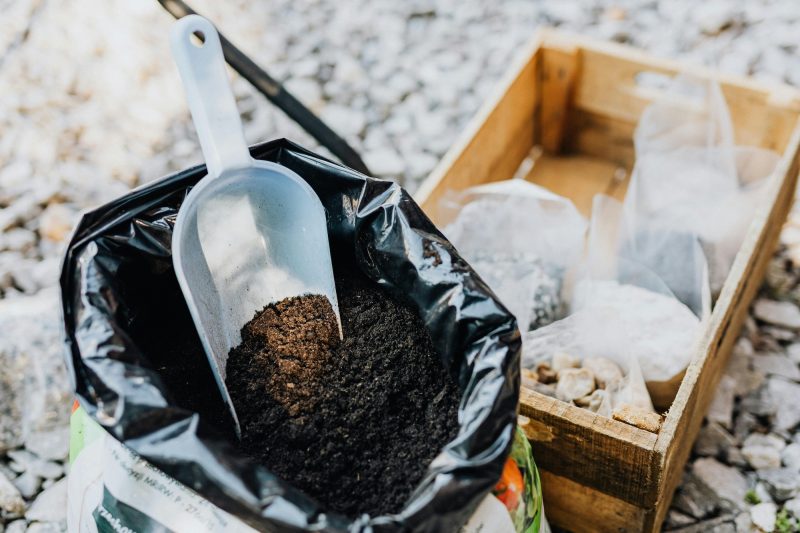Despite these terms being used interchangeably, they are not the same. Let’s take a closer look at the meaning of biodegradable and compostable.
As the world becomes more aware of our waste problem, alternatives are arising to replace the cheap and inexpensive use of plastic. Two of these are products made of materials that are biodegradable and compostable. What we need to be aware of though is that all compostable material is biodegradable, but not all biodegradable material is compostable.
What are the differences?
There are a few differences between biodegradable and compostable products, the main ones being;
- the materials that were used to produce them
- how they decompose
- the residual elements after decomposition
Biodegradable products will generally break down into a few natural elements, whilst compostable products will break down and leave behind an organic material called humus.
What does biodegradable mean?
The word ‘biodegradable’ means; ‘capable of being decomposed by bacteria or other living organisms and thereby avoiding pollution.’ This generally includes products that are plant-based, animal-based or natural mineral-based.
We do need to be aware that almost everything is degradable and will eventually break down. This includes plastic, which can take centuries to break down and eventually turn into microplastics and never completely disappear.
Some highly processed biodegradable products may also leave behind a toxic residue. Biodegradable items such as paper and untreated wood will break down relatively quickly. Most items will typically take between 3 and 6 months.
Biodegradable items (including compostables) cannot break down safely without oxygen, the right amount of light, and bacteria. So it is really important to consider where the product is breaking down. Sending biodegradable items to landfill will not facilitate the breakdown process, as there is generally not enough bacteria, light and water to properly biodegrade.
Let’s now look at what compostable means.
Compostable products break down quickly when placed in a compostable environment and leave behind an organic material called humus, which is nutrient rich and promotes healthy soil. Composting provides the Earth with beneficial nutrients and returns organic carbon to the soil, reducing greenhouse gases. The compostable products also don’t leave behind any toxic residue once broken down.
Composting can be time consuming, but can be a beneficial way to dispose of organic material and scraps from your household waste. Composting is a great example of a ‘closed loop’ system, meaning that at the end of the process there is absolutely no waste. The end result is an amazing organic matter that can be used in your garden which the plants will love.

Beware of greenwashing.
Greenwashing is prevalent as consumers demand more from businesses, and companies adjust to becoming more environmentally friendly. Some companies are embracing this change, while others create confusion and alter their appearance, but behind the scenes very little has changed.
Being wary of this in all industries is important. Whether it’s the fabric in the clothes that you’re wearing, or the packaging of your beauty products. Reading the labels and being aware of what each item is truly made of. Especially when it comes to packaging, it should clearly state what you can do with it when it’s empty. Businesses who are doing the right thing are transparent and have nothing to hide. They are usually the ones who are working towards improving manufacturing and their processes as they evolve. They listen to their customers and are always looking to do better.
Almost all materials degrade, but we need to be choosing ones that are natural to us and the environment. We know now that plastic isn’t good for the environment or us as humans, so by choosing something that’s come from nature to start with is only going to benefit everything and everyone.
A step in the right direction.
Biodegradable and compostable products are a great step in the right direction, but ultimately we need to be reducing the amount of products we buy and use. Reusable products should be our focus, as this eliminates the need to recycle altogether. Reuse and repair items, and then be conscious when purchasing new items. Choose quality, natural materials that will last, and then can be composted at the end of their life, returning to the earth where they came from.
There is a price when changing to environmentally friendly materials, but the cost should be worth it for our planet. It’s not about being perfect, but by doing some research and looking at the businesses we are buying from, we can find some really amazing sustainable options.
We have helped simplify this process for you with our Australian Eco Directory. We have done the hard work for you and all the brands included in the Directory are ethical and sustainable and doing wonderful things for people and the planet.
